Why Nicole Kidman Criticizes Director Martin Scorsese for Lack of Female Protagonists?
Nicole Kidman, the Oscar-winning actress, has recently criticized renowned director Martin Scorsese for his long standing pattern of focusing on male protagonists in his films. The 57-year-old actress made these remarks during her acceptance speech for the American Film Institute (AFI) Lifetime Achievement Award, where she discussed her career and the directors she has worked with.
When asked by Vanity Fair which filmmakers she still hoped to collaborate with, Kidman expressed her admiration for Scorsese but added a notable condition: she would be eager to work with him only if he made a film with a female lead. “I would always like to work with Martin Scorsese if he made a film about women,” Kidman said. This comment subtly highlighted her concern about the lack of strong female roles in Scorsese’s extensive filmography.
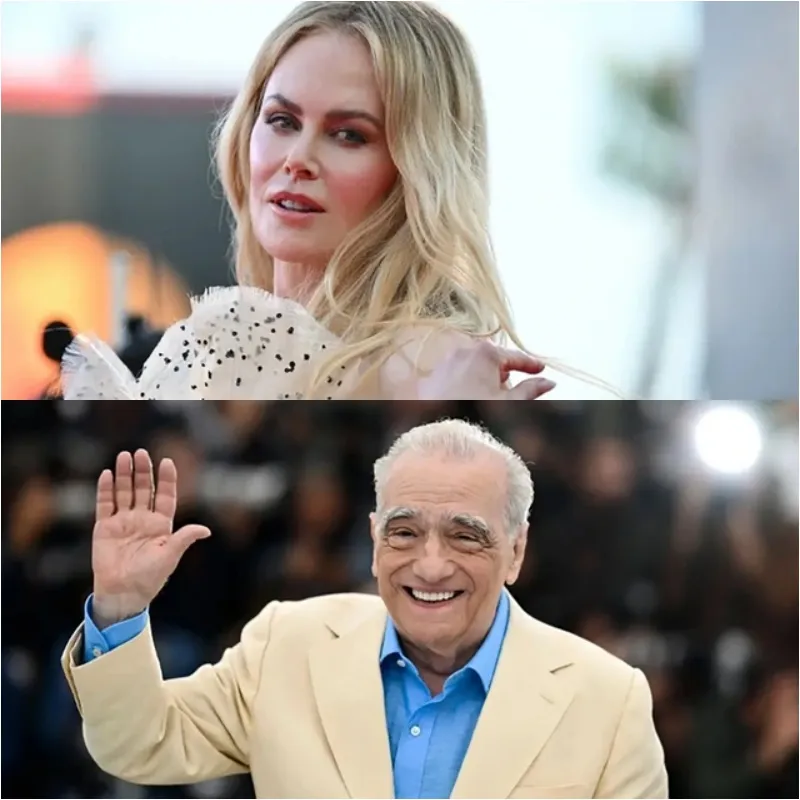
Nicole Kidman’s Wish List of Directors
Alongside Scorsese, Kidman mentioned other directors she would like to collaborate with, including Kathryn Bigelow, Spike Jonze, Paul Thomas Anderson, and Michael Haneke. While Kidman did not outright criticize Scorsese during her speech, her statement about working with him on a film with a female protagonist echoed broader industry discussions about gender representation in Hollywood. Scorsese’s films, such as Goodfellas, The Irishman, The Wolf of Wall Street, and The Godfather, are often criticized for their focus on male characters and their portrayal of a male-dominated world.
This sentiment is not new. In 2011, actress Meryl Streep expressed similar frustrations in an interview with The Talks. “I would like Martin Scorsese to occasionally care about a female character, but I don’t know if I’ll live that long,” Streep said. Although Streep has never worked with Scorsese, she has shared the screen with Kidman in the past, underscoring the continued conversation around female representation in Scorsese’s work.
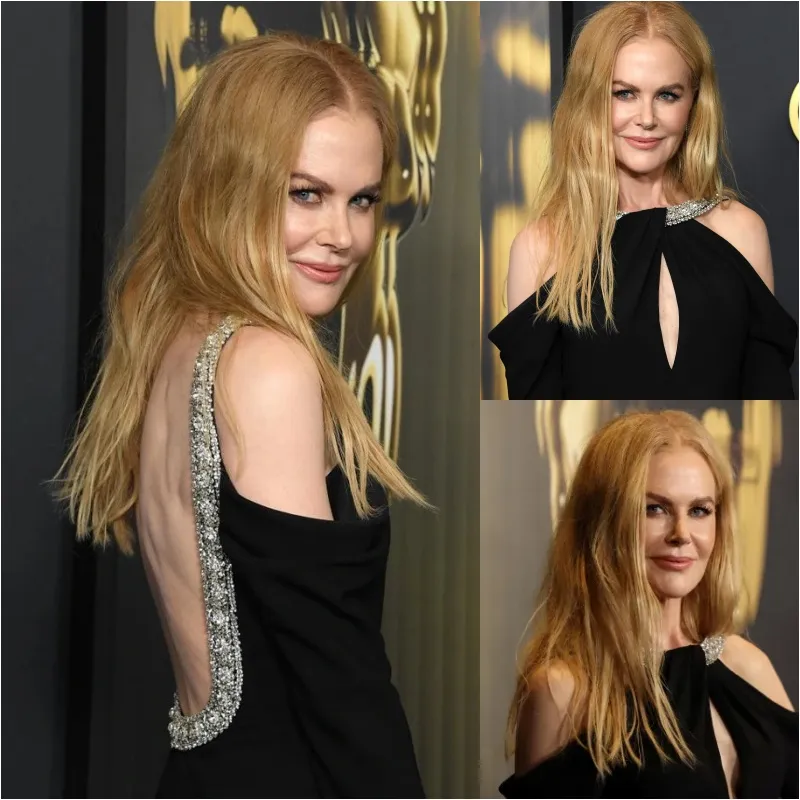
Scorsese’s Defense of His Creative Choices
Despite the criticism, Martin Scorsese has defended his artistic choices regarding the portrayal of masculinity and gender roles in his films. In the 1990s, Scorsese explained to Entertainment Weekly that the world depicted in many of his films was inherently masculine, with women often playing secondary roles. “The movies I was making were very much a man’s world, where women were sort of secondary characters,” he said. “I thought the women in Goodfellas and Raging Bull were very strong. But they weren’t the ones in the ring.”
While Scorsese’s films have often focused on male-driven narratives, he has also made films with female protagonists. His 1974 film Alice Doesn’t Live Here Anymore starred Ellen Burstyn, who received an Oscar nomination for her role. In his most recent work, Killers of the Flower Moon, Scorsese included a strong female lead in Lily Gladstone, whose performance earned her an Oscar nomination for Best Actress. Despite these instances, many still feel that Scorsese’s female characters remain secondary to the male protagonists.
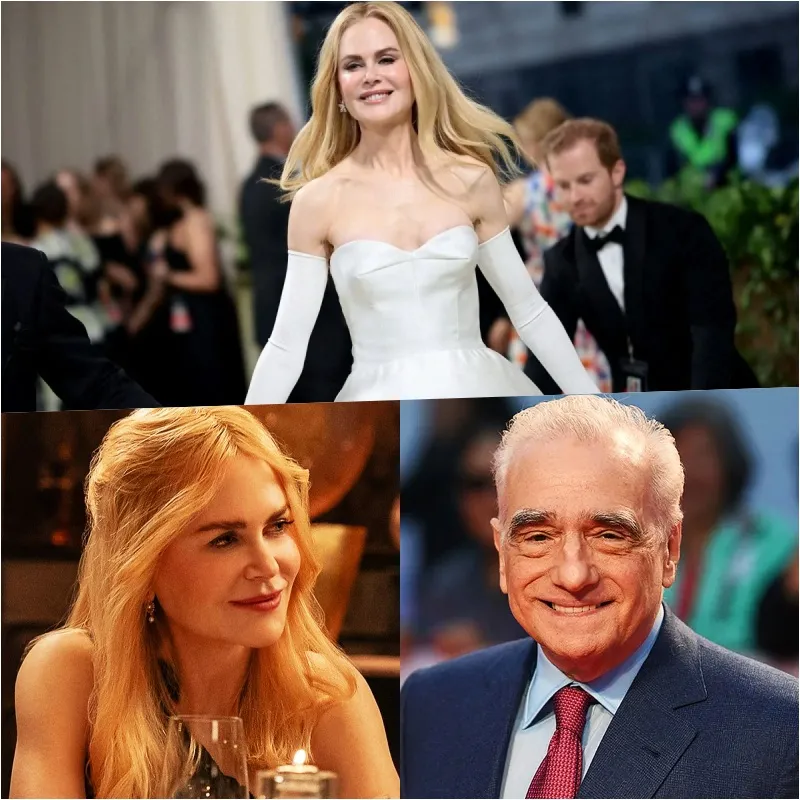
Nicole Kidman’s Latest Success
Nicole Kidman’s own career has been marked by a wide range of roles, and she continues to work with bold directors. Her latest film, Babygirl, directed by Halina Reijn, premiered at the Venice Film Festival in August 2024 and was met with widespread acclaim. The film received a six-minute standing ovation, further solidifying Kidman’s place as one of Hollywood’s most respected actresses.
As the conversation about gender representation in Hollywood continues, both Nicole Kidman’s comments and the ongoing debates surrounding Scorsese’s work highlight the need for more diverse and empowering roles for women in film. Kidman’s desire to work with Scorsese underlines her passion for creating meaningful and dynamic female characters, something that many hope will become more common in the legendary director’s future projects.
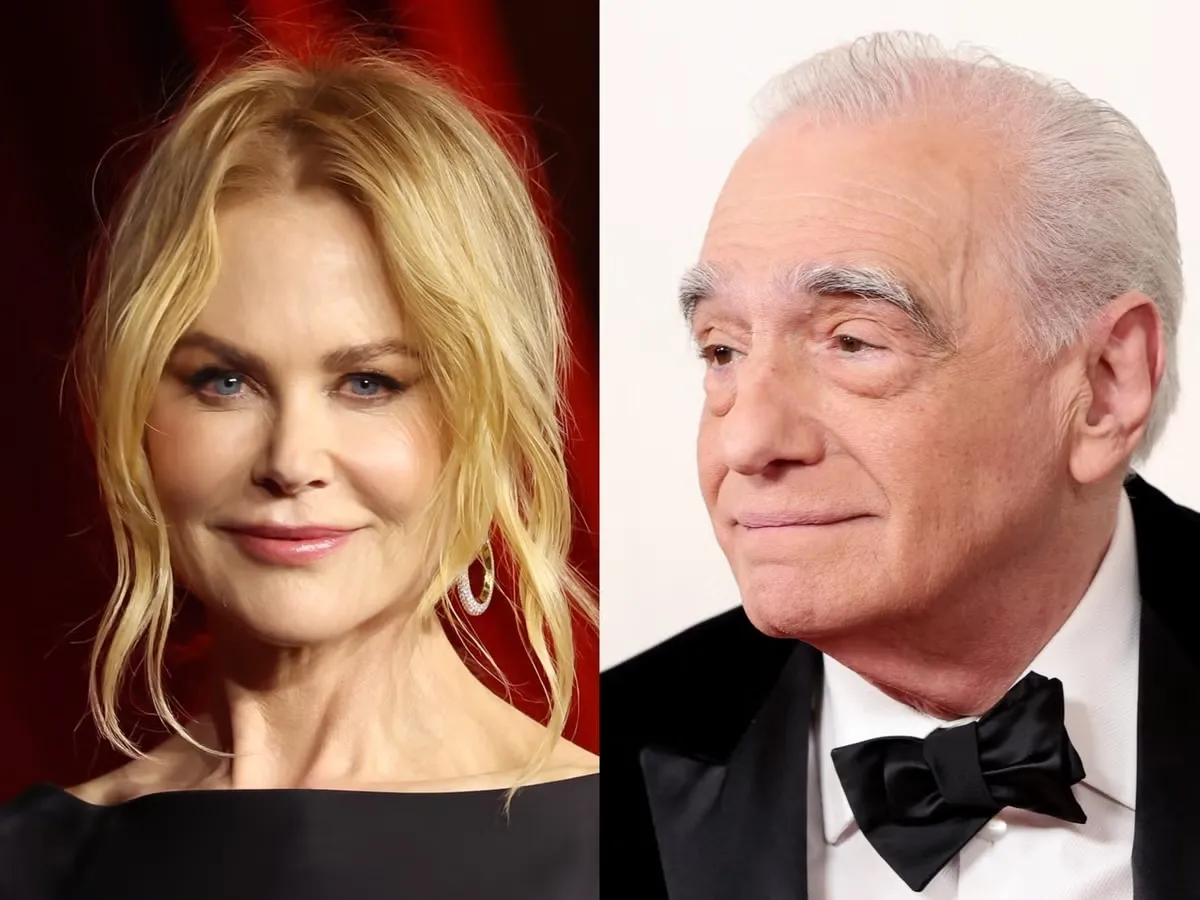
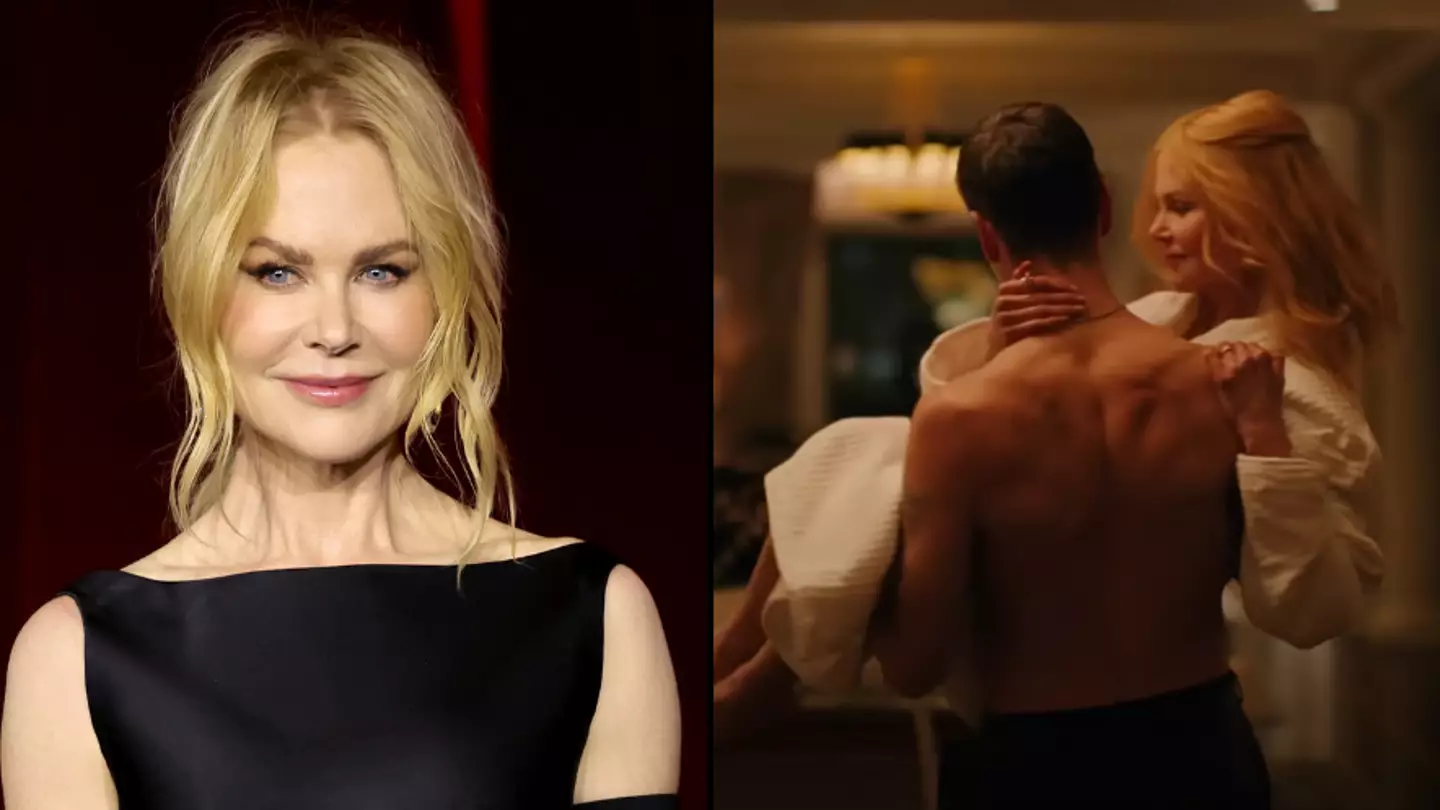
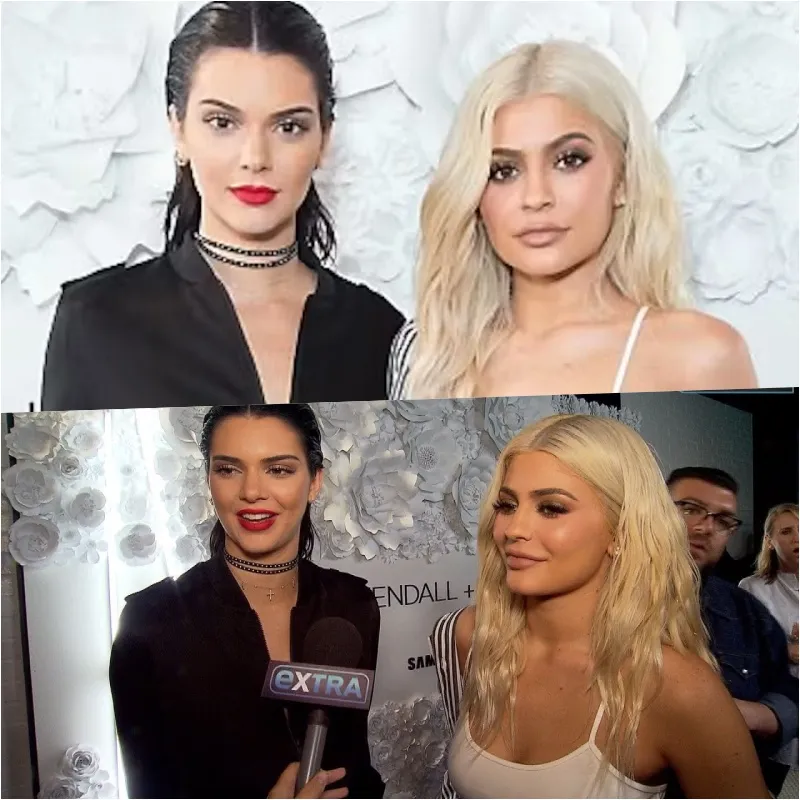
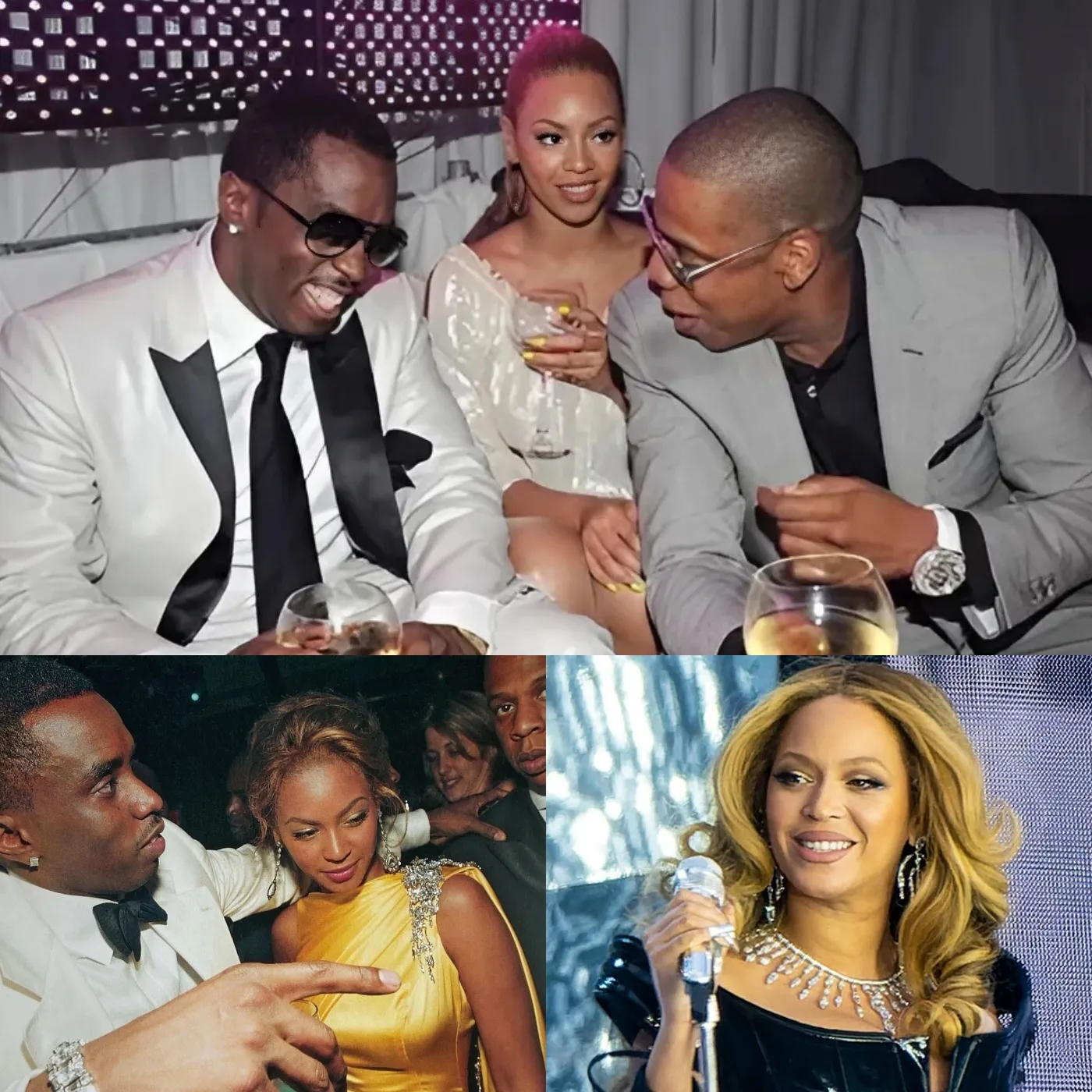





Post Comment